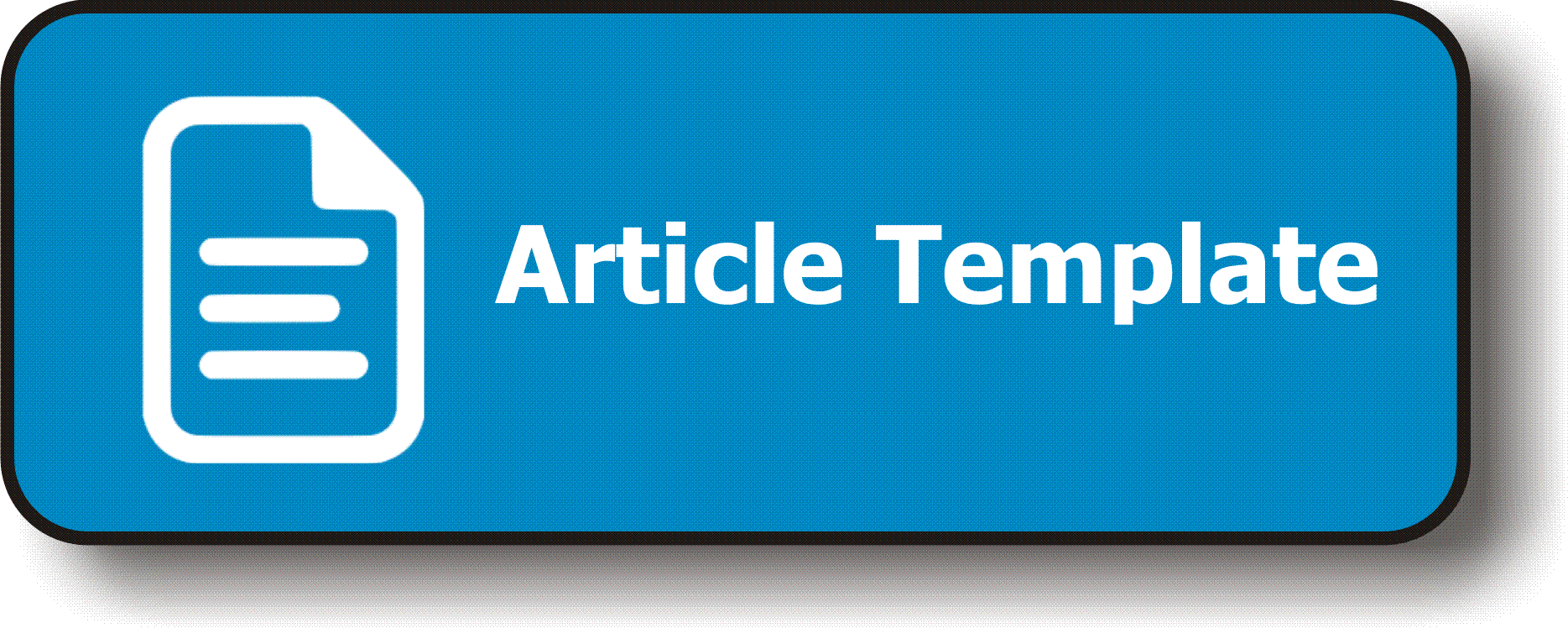PERENCANAAN PENERAPAN APLIKASI WEB 2.0 UNTUK PEMBELAJARAN ORGANISASI DI PERPUSTAKAAN UNIVERSITAS PENDIDIKAN INDONESIA
Abstract
Keywords
Full Text:
PDFReferences
Al Saifi SA. 2015. Positioning organisational culture in knowledge management research. Journal of Knowledge Management, Vol. 19 Issue: 2,pp. 164-189
Baxter GJ. 2013. Implementing Web 2.0 tools in organisations. The Learning Organization vol. 21 No. 1 page 1-2
Boateng R. 2009. Web 2.0 and Organizational Learning: conceptualizinf the link. Proceedings of the Fifteenth Americas Conference on Information Systems, San Francisco, California August 6th-9th 2009 http://aisel. aisnet.org/amcis2009/546 diakses tanggal 10 Maret 2015
Boateng R. 2010. When Web 2.0 becomes an organizational Learning Tool:evaluating Web 2.0 tools. Developmnet and Learning in Organizations Vol. 24 No.3 page 17-20
Crossan et al. 1999. An organizational learning framework: From intuition to institution. Academy of Management. The Academy of Management Review; Jul 1999; 24, 3; ABI/ INFORM Global pg. 522
Creswell JW. 2015. A concide Introduction to Mixed Methods Research. Los Angeles: Sage
Kirchner, K., Razmerita, L. and Sudzina, F., 2009. New forms of interaction and knowledge sharing on Web 2.0. In Web 2.0 (pp. 1-16). Springer US.
Kuan-Nien Chen .2006. Library evaluation and organizational learning: a questionnaire study. Journal of Librarianship and Information Science, 28 (2) June
Musser J. 2007 Web 2.0 Principles and Best Practices, California: O’Reilly Media, Inc
O‟Reilly T. 2005. What Is Web 2.0: Design patterns and business models for the next generation of software. Retrieved December 2010 from http://www.oreillynet.com/pub/a/ oreilly/tim/news/2005/09/30/whatis-web-20.html
Perpustakaan UPI. 2013. Pedoman Mutu ISO 9001:2008 Perpustakaan Universitas Pendidikan Indonesia.
Sangkala. 2007. Knowledge Management. Jakarta: PT RajaGrafindo Persada.
Sopiah. 2008. Perilaku Organisasi. Yogyakarta: C.v Andi Offset.
Sugiyono. 2008. Metode Penelitian Kuantitatif, kualitatif dan R & D. Bandung: Alfabeta.
Xarchos C. 2008. Innovaspost uses Web 2.0tools engage its employees. Strategic HR Review Vol 7 No.3
DOI: https://doi.org/10.17509/edulib.v7i1.7549
DOI (PDF): https://doi.org/10.17509/edulib.v7i1.7549.g4877
Refbacks
- There are currently no refbacks.
Copyright (c) 2017 Edulib

This work is licensed under a Creative Commons Attribution-NonCommercial-ShareAlike 4.0 International License.

This work is licensed under a Creative Commons Attribution-ShareAlike 4.0 International License.





